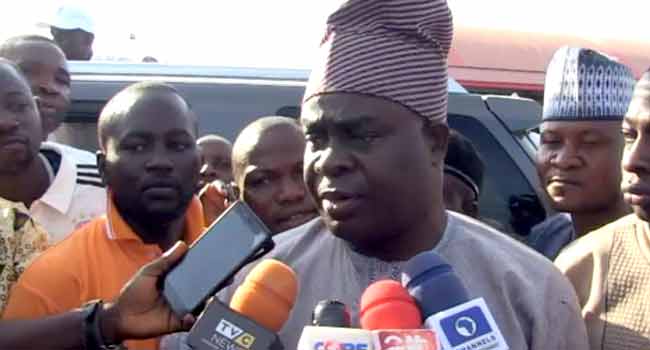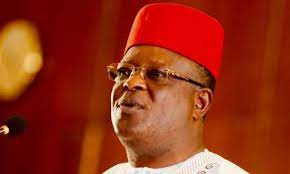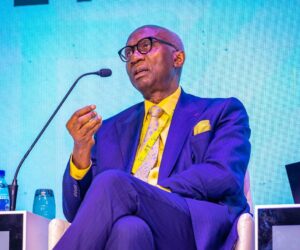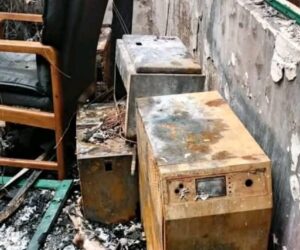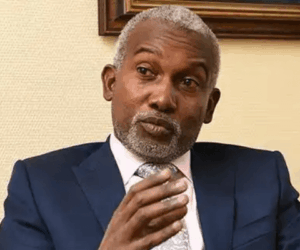3
Former Chairman of the Peoples Democratic Party (PDP) in Kwara State and two-time commissioner, Chief Iyiola Oyedepo, has declared that nothing forbids a Christian from emerging as governor of the state in 2027, warning that attempts to exclude candidates based on religion could fan dangerous sectarian embers already threatening Nigeria’s fragile peace.
Speaking on Thursday in Ilorin, the legal practitioner and politician — who also served as Chief Whip of the Kwara State House of Assembly and was a leading arrowhead of the historic ‘O to ge’ movement that ended the Saraki political dynasty — urged Kwarans to reject divisive politics and embrace competence and fairness in choosing Governor Abdulrahman Abdulrazaq’s successor.
Oyedepo dismissed claims that Kwara’s next governor must be Muslim, insisting that “we all own Kwara together and contribute to its economy,” and that “it is nowhere written that a Christian cannot rule in Kwara.”
According to him, “Those thinking otherwise are a very small minority. The majority of Muslims in Kwara only want good governance, regardless of what faith that person practices.”
The elder statesman said religion has always been cynically exploited as a political tool, not a genuine reflection of voters’ beliefs. “Politicians deploy many variables to win elections — religion is one of them. But saying a Christian cannot win in Kwara is self-serving and against public interest,” he said.
Drawing from his personal experience during the O to ge revolution, Oyedepo said issue-based campaigning and sincere engagement with the people — including Muslim communities — remain the surest path to victory.
“I remember during our struggle, some clerics thought I had magical powers because people only listened to me. But it wasn’t magic — I spoke to their hearts. That’s what politics should be,” he recounted.
He however warned that allowing religious bigotry to dominate politics at this time could have grave national consequences.
“With the global focus on Nigeria following America’s designation of the country as one of ‘particular concern’ over religious intolerance, we must not allow extremist narratives to define us,” he cautioned.
Oyedepo lamented that “the federal government’s failure to act decisively early enough” had allowed perceptions of Islamist onslaughts and genocidal killings in parts of the North Central region to fester.
“We must rise above this. Leadership should unite, not divide,” he said.

